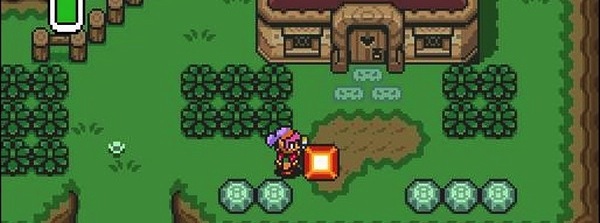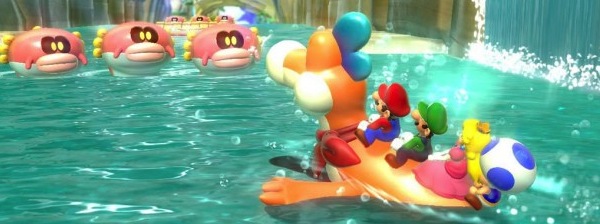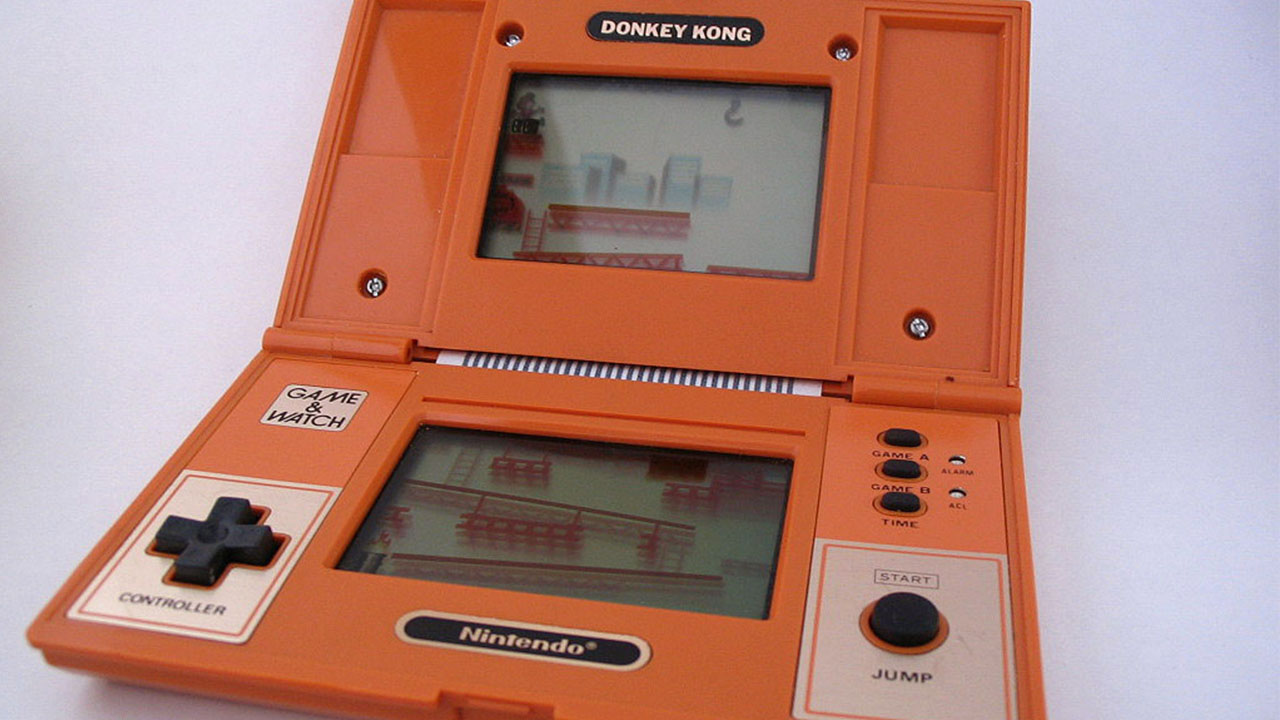I am 33 and not yet a parent. Not that I was expecting to be at this point, but as the years have passed and friends have begun to produce their progeny, part of me has started to think about how I want to raise my own little Nintendo gamer.
When I first began considering this question I thought that maybe my introduction to gaming had been the right one. That, perhaps, the evolution of gaming I witnessed somehow mirrored my own development and was something my child should also experience.
When I was growing up gaming was still in its fledgling stages, and I had to wait until I was 7 before I got any digital entertainment at home. That was 1987 and despite this being one year after the release of the NES, my gateway drug was a Donkey Kong Game & Watch.

It was all I needed however; the tiny LCD handheld was enough. I mastered the art of reaching the high-score of 999 and, by the end, running through levels without looking at the screen was the only challenge left.
Not that I imagined that I would be able to wind back the clock to the LCD era for my offspring, but maybe starting them on the next stage of my Nintendo evolution could work. This was when I finally talked my parents into getting me a console of my own on the Christmas of 1992, a SNES that I treated like a newborn baby.
One year later, I was first able to play Zelda and a lifetime love was born.

The Legend of Zelda: A Link to the Past remains the most magical gaming experience of my life. So for a time, as I considered my conundrum of how to introduce gaming to my child, I thought maybe this was where I should start.
It was only when watching my friend’s five year old embark on his first Zelda adventure, the Twilight Princess, that I realised the experience I had twenty years ago doesn’t need my help to be replicated; it is being had by younger and younger gamers every year.
Of course the experience is a little different. At five, my friend’s boy struggled more than I did as a fourteen year old. I regularly would sit with him and read the on screen text and help with boss fights to allow him to move on to what he enjoyed, exploring the incredible world that Nintendo had created.

But while much of his experience was different, I recognised the wonder on his face. I saw in him what I felt all those years ago. I realised that it wasn’t the era I grew up in or the specific games, but the company I grew up with.
Gaming has moved on, and now it seems impossible that a child will go as long as I had to without playing a game. I suppose, in many ways, even the idea of trying to limit that child to the 16-bit era seems quite futile. But at least Nintendo still produces games that elicit the same experience I once felt; updated, reimagined, and always magical.
